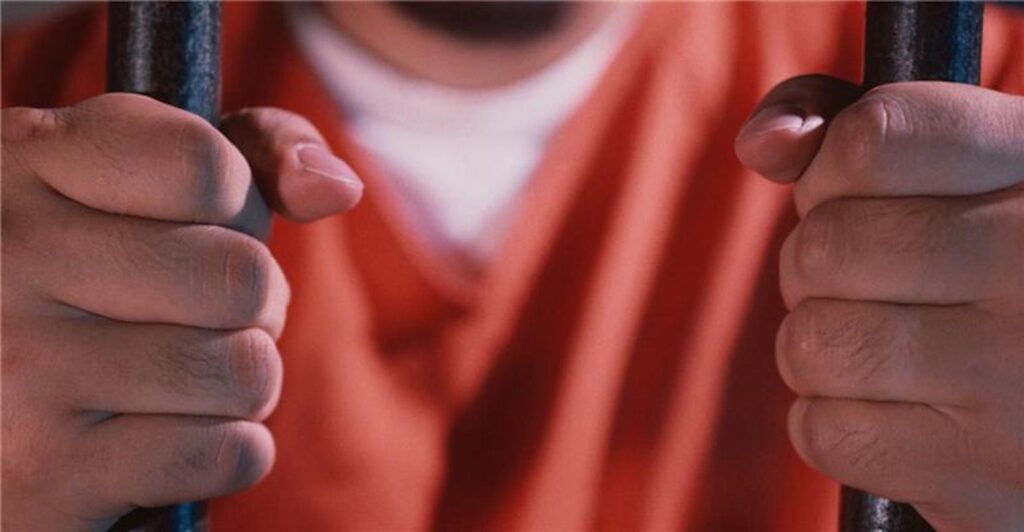Across the country, prisoners are farming the land as a means of supplying crops and products to grocery stores and restaurants. Many of these workers do not receive any kind of pay or benefits, and yet the practice remains legal.
For two years, the Associated Press followed these prisoners around to get a sense of the kind of labor they were doing. That investigation found that this kind of prison labor is associated with agricultural products which end up in the open market and the shelves or manufacturing food plants operated by restaurants like McDonald’s, Pizza Hut, Burger King, and grocery stores including Kroger, Whole Foods, and Walmart.
According to the AP investigation, the business is big, generating hundreds of millions of dollars’ worth of product.
It’s completely legit, even though these companies are turning a blind eye to their own policies by purchasing directly from prisons, the AP writes. The act is protected by the 13th Amendment of the Constitution, which bans slavery and involuntary servitude unless it is a punishment for a crime.
Now, the amendment is being challenged in federal court and revisions to state constitutions will be on the ballot this year.
Cliff Johnson, director of the MacArthur Justice Center at the University of Mississippi who was quoted in the AP piece, spoke to Supermarket News about the issue.
Johnson told SN about two worlds when it comes to prison labor. The first involves incarcerated individuals who are a part of restitution centers. For people who have been revoked from their probation, these centers provide the opportunity to work a job that pays the Mississippi Department of Corrections and allows it to apply wages to outstanding fines, fees, and restitution obligations.
“Mississippi years ago set up these restitution centers. It says, ‘Look, rather than sending this person to prison, send them to a restitution center. Let’s get them a job at the local Home Depot or manufacturing facility or maybe a supermarket, whatever companies participate in it. And rather than just sitting in prison, not earning any money toward their outstanding financial obligation, they can whittle down what they owe while they’re in this facility,” Johnson told SN.
The second world involves private companies which use prisoners for labor at reduced wages, or no wages at all.
“If there are ways we can teach them to weld or drive a truck or do other things that they need to do to have a job while they’re incarcerated and that leads to some greater chance of getting employed, finding work, or maybe staying in the job they had while they were incarcerated, I think people are interested in that conversation,” said Johnson. “To the extent that it is cheap labor for private companies friendly with politicians, many of us are deeply troubled by that regime.”
Johnson said he believes that as private companies get more and more aggressive with these programs, the chance for exploitation increases and, with it, the potential for more lawsuits against these kinds of practices.
Politics can also make a difference in terms of what action could be taken at the federal level. Johnson said that more conservative regimes historically have kept the status quo when it comes to prison labor, while those on the liberal side have been more inclined to push for change. According to Johnson, the party of the appointed president makes all the difference.
“It’s big money,” he said. “And I think it’s important for people to shine a light on it. And I think part of the challenge we face is that folks aren’t all that sympathetic to the plight of people who they view as bad folks who’ve done bad things. And so the notion that they have to work and they don’t get paid a fair wage, there’s not a lot of people crying for those folks.
“And the truth of the matter is, I think what’s shortsighted about it, and where I think there’s room for a thoughtful discussion across partisan divides is, wait a minute, can we talk about what is intended to be rehabilitation? What’s going to help people be productive when they get out? Because 98% of people in our prisons are coming back into our communities, 98%. Can we talk about what helped them be productive versus what is exploitative?”
Whole Foods, Walmart, Aldi, and Kroger did not respond to a request for comment in time for publication of this story.


